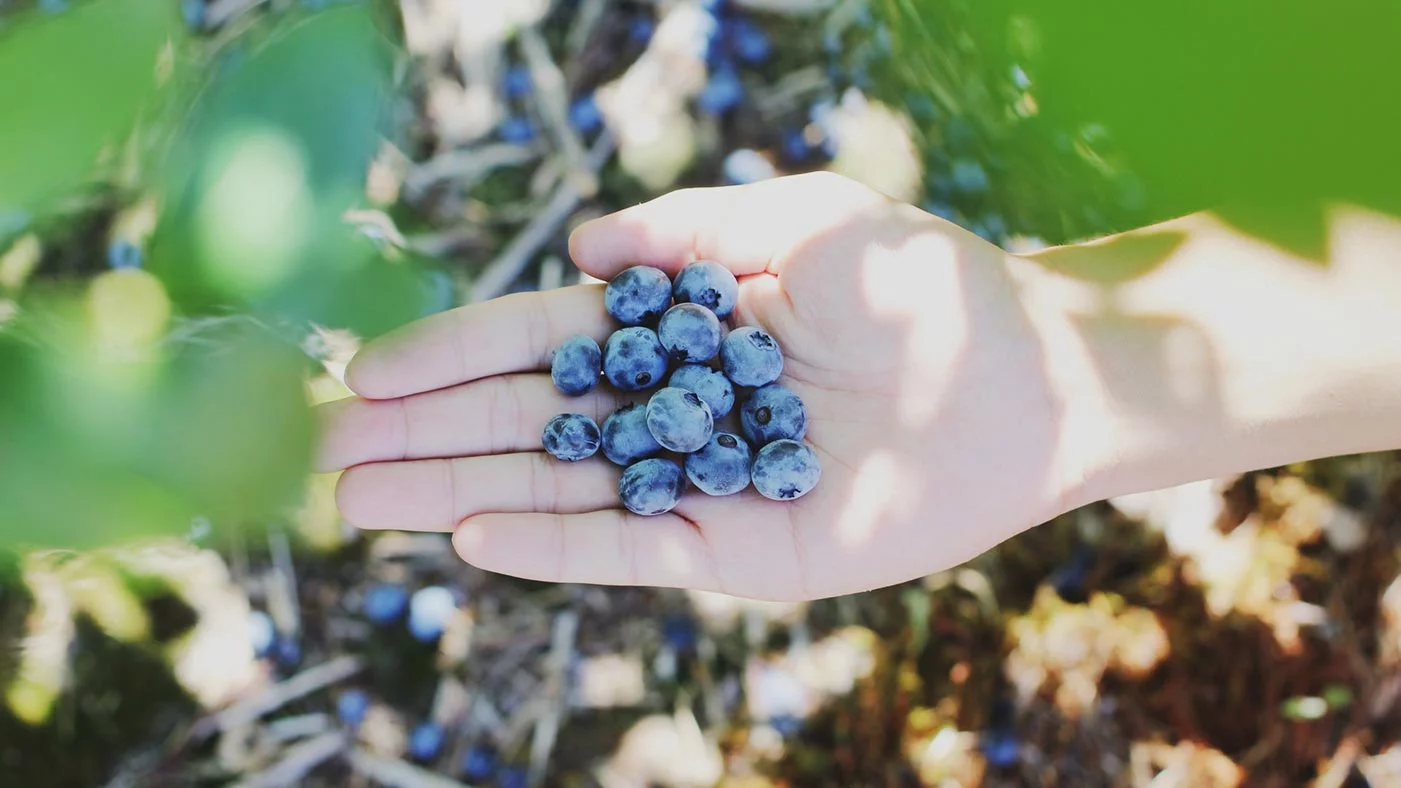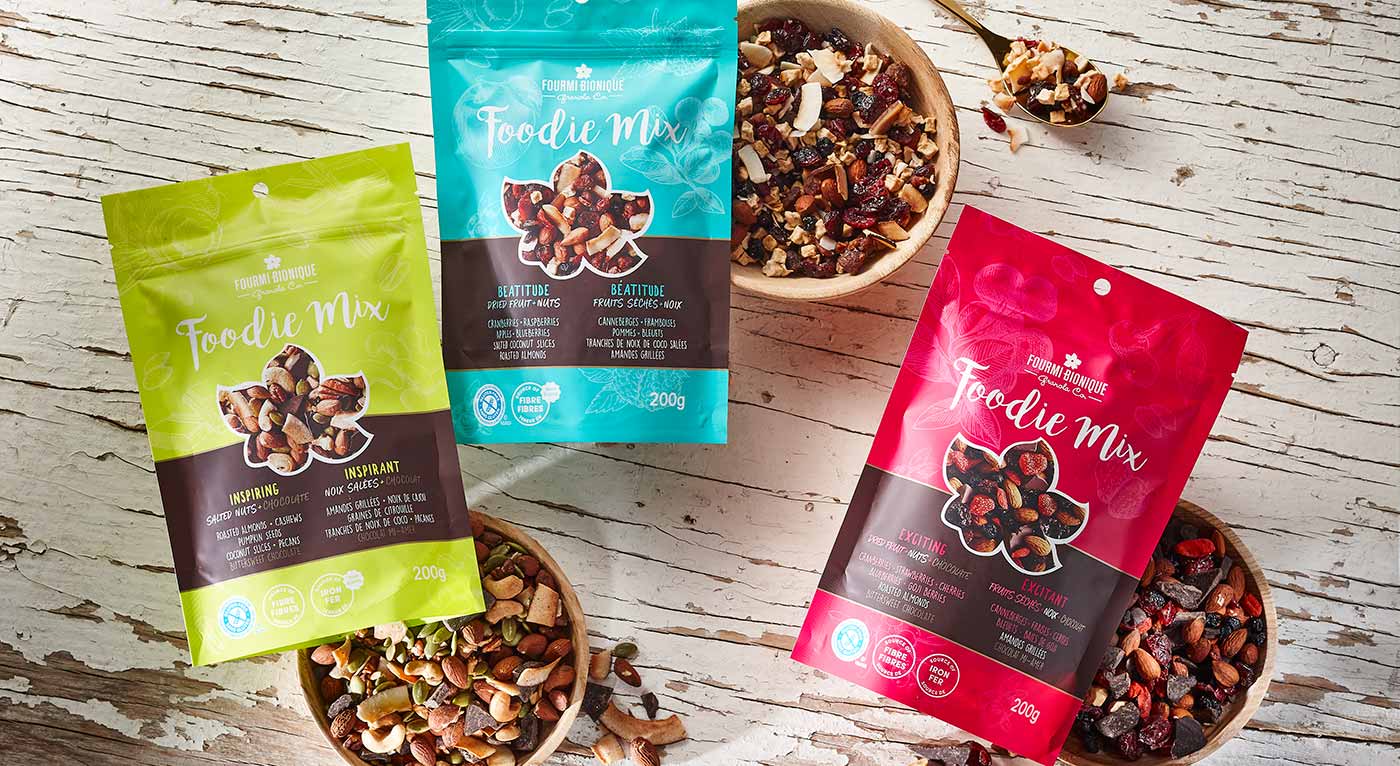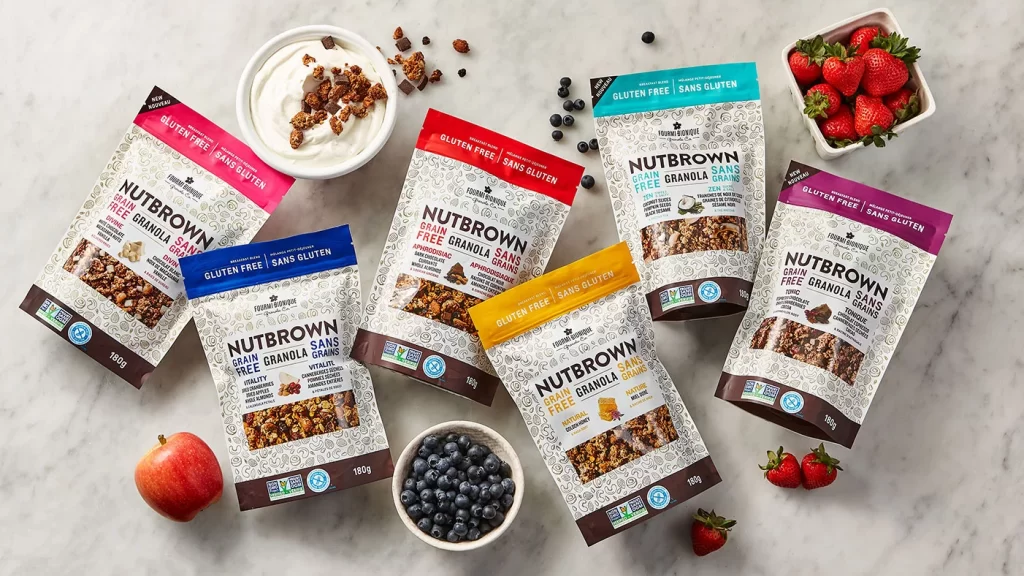You probably don’t know it, but all our granolas, snacks and bulk ingredients are sulphite-free! In this article, we will explain why we chose sulphite-free products and recipes.
What are sulphites?
Sulphites are salts of sulfur dioxide with antioxidants and antiseptic properties. They are used in the food industry as preservatives. What is less well-known is that they are also naturally present in certain foods and in the body.
Varying amounts of sulphites can be found in much of what we eat and drink. Sulphites are found in greater quantities in dried fruit, wine, cider, alcoholic and non-alcoholic beer, bottled lemon or lime juice, shellfish, processed food, vinegar, pickles, mustard, cold cuts…

How will I know if my food has sulphites?
In Canada, if a food contains sulphites, that information must be on the packaging, either in the list of ingredients or with a statement “Contains Sulphites” if they are added directly to a food as food additives or if their quantity exceeds 10 ppm (10 parts per million in the finished product). The label must contain the term “sulphites” to avoid any confusion.
In Europe, the law requires a label declaring sulphites in food when their concentration reaches 10 mg / kg or 10 mg / L. The various types of sulphites will then be designated under these codes: E 220 (sulfur dioxide), E 221 (sodium sulphite), E 223 (sodium bisulphite), E 224 (sodium metabisulphite), E 225 (potassium sulphite), E 226 (calcium sulphite), E 227 (calcium bisulphite), and E 228 (potassium hydrogen sulphite).
However, some products which are not packaged are also likely to contain sulphites (shrimp, for example).
Why use recipes without sulphites?
At La Fourmi, we have strict specifications when we develop recipes. Since the very beginning, we have wanted to use the most natural and healthy ingredients possible for our recipes, so we naturally wanted to avoid sulphites.
For most people, consumption of sulphites is safe. However, some people experience sensitivity or intolerance to them. These people may have a reaction with the same symptoms as an allergy (see Food Allergy Canada). Side effects can vary in their severity and include (see the NCBI article) migraines, itching/hives, hemorrhoids, sneezing, abdominal pain, asthma attacks, or even anaphylactic shock.
If you are intolerant to aspirin, you are more likely to sometimes have violent reactions to sulphites. Sulphite sensitivity is also more common among people with asthma. It is therefore important in these cases to avoid them. Unfortunately, sulphite intolerance is less publicized than gluten intolerance often is, so few consumers are really aware of the problems sulphites can cause.

Should I avoid them?
If you are very intolerant to sulphites, avoiding them might be a question of life or death. It is useful to find out about the presence of sulphites by reading ingredient lists and asking questions, especially in restaurants that are required to be able to inform you whether or not they are in your food. More info on the Health Canada website.
In general, we think it’s best to avoid them as much as possible. Indeed, depending on your diet, it is possible to exceed the daily dose recommended by WHO (0.7 mg / kg of body weight per day). To do this, opt for organic foods without sulphites, as well as organic or biodynamic wines that contain fewer sulphites than conventional wines. For example, organic regulation of wine in Europe, Canada and the USA limits the addition of sulphites. As a result, organic wines can contain 30% to 50% fewer sulphites. Also avoid low-end ready-made food and processed food.


